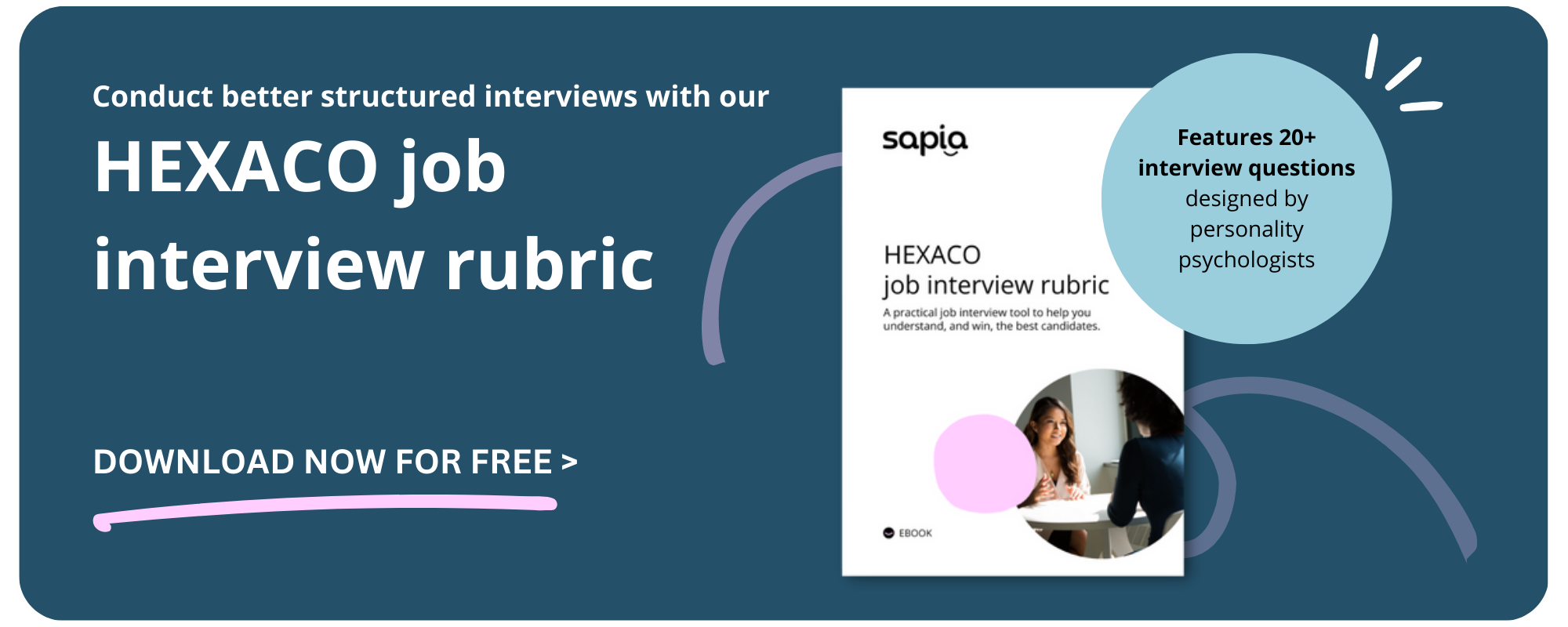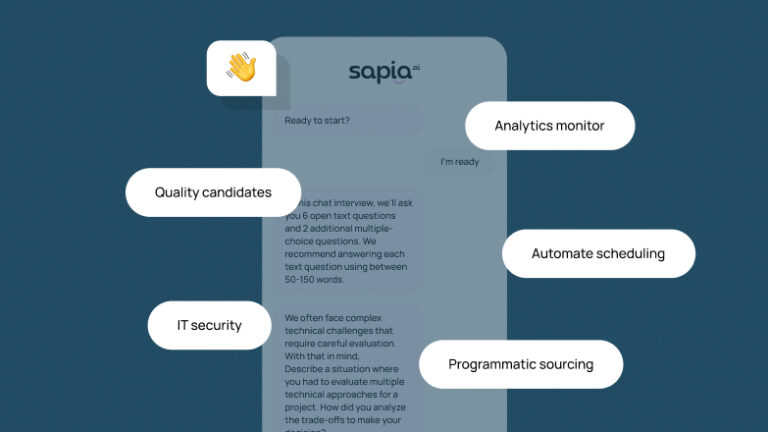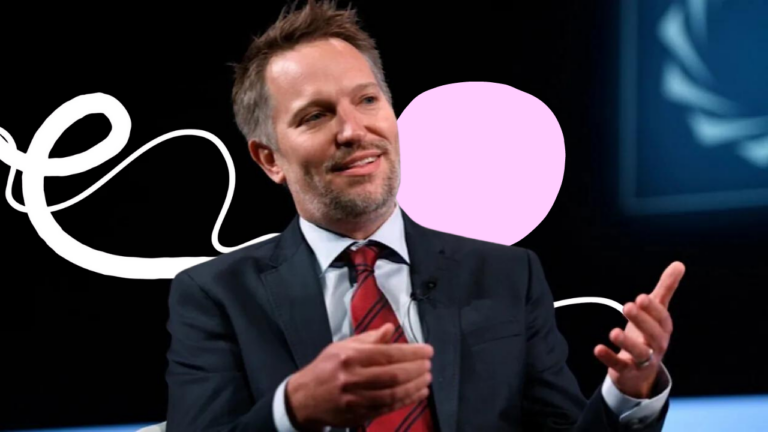The real cost of ignoring soft skills when hiring

We agree with renowned marketer Seth Godin: When it comes to creating a good company culture, soft skills (or ‘real’ skills, as he calls them) are more important than the hard or ‘vocational’ skills. “By misdefining ‘vocational’ and focusing on the apparently essential skills,” he argues, “we’ve demised the value of the skills that actually matter. We give too little respect to the other skills when we call them ‘soft’ and imply that they’re optional.”
These real skills seem important when we teach them to our children. In fact, they are critical. You want your prepare your child for the real world with a social toolset that can be applied to all manner of abstract situations: Empathy, curiosity, responsibility, honesty, collaboration, and so on. Conversely, coding is not a staple of the kindergarten curriculum.
We lose this, at some point, when it comes to work. We favour vocational skills in hiring, because they are measurable and attached to output. Of course, this is essential – you want your software engineers to know their keyboards from their Kubernetes – but so too are the real skills, the ones that, if absent, decimate a company’s culture.
Just what are the effects of poor employees on culture? According to a Harvard study of more than 60,000 office workers, 78% said their commitment to the organisation declined when faced with toxic behaviour, while 66% said their performance declined.
Ignoring real skills ruins your culture, and that’s to say nothing of the actual monetary cost of a bad hire. Research from Robert Half (2021) found that a single bad hire can cost an employer anywhere from 15 to 21% of that employee’s salary. Consider, too, that if you hire a bad egg, you’ll probably have to replace other people as well. What Godin says is true: “Culture defeats strategy, every time.”
Why are soft skills a need to have?
Our CEO, Barb Hyman, believes that today’s scant talent market will force hiring managers and talent acquisition professionals to rush hiring decisions, and secure talent based purely on vocational skills. This is understandable, because gaps need to be filled, but it will have long-tail impacts.
“If you only hire on the hard skills, are you going to be firing on the soft skills in 12 months? In my experience, that’s what you fire on. When people don’t work out, nine times out of ten, it’s the soft skills. And in 12 months, you’re looking back and saying, ‘I’m not sure about the team we’ve created here, and what we’ve done to our culture’.”
Soft skills are particularly critical for hourly hiring situations
Soft skill matching is particularly important in industries like retail, where employee churn sits at anywhere from 60-70%. Retail staff members move fast and often, and have a high likelihood of migrating to competing businesses. This is partially a nature-of-the-beast problem, but if we better understand what makes people tick, we can better match them to the roles at which they’re likely to succeed, and therefore keep them longer.
For example, we know that the best retail cashiers are high in extraversion. They’re energized by being around people, have good interpersonal skills, and have a lower likelihood of experiencing negative emotion while on the job. It makes sense, then, to prioritize extraversion when matching candidates to the role of cashier. That’s a personality trait – with attendant soft skills – that will predict success for that role.
When people are matched to the job for which they are best suited, they’ll experience higher levels of purpose and satisfaction. It’s obvious why – the daily activities will invigorate rather than drain them. People who have purpose stay longer. Therefore, if you accurately match soft skills to roles, you’ll reduce churn. Our AI Smart Chat Interviewer is really good at this: Across the board, our skill-matching power reduces non-regrettable churn by a minimum of 25%.
If you’re keen to get started measuring soft skills, download our HEXACO job interview rubric. It features more than 20 interview questions designed by our personality psychologists to assess the skills of candidates that come your way. It will even help you figure out what soft skills are best for you based on the needs and values of your organization.
Five questions for better risk management
Our AI Smart Chat Interviewer, with its machine learning capabilities, an assess both the soft skills and the cognitive ability of candidates using a structured interview. With the help of HEXACO personality inventory modelling, our Smart Interviewer can determine if a candidate is agreeable, conscientious, honest, open, and more – and its recommendations result in better, fairer hiring outcomes for hiring managers and candidates, every time. The final choice is always yours, but you’re handed a comprehensive shortlist of the best people for you.



